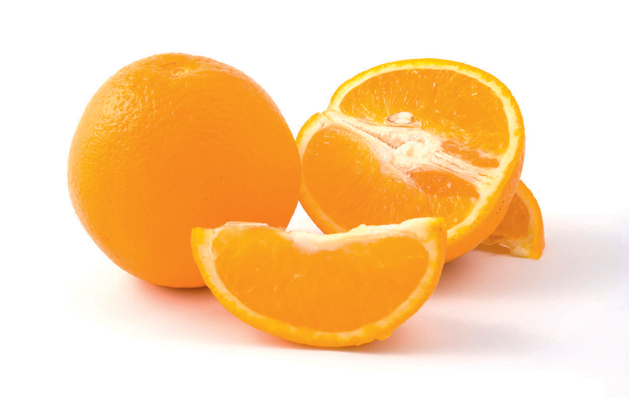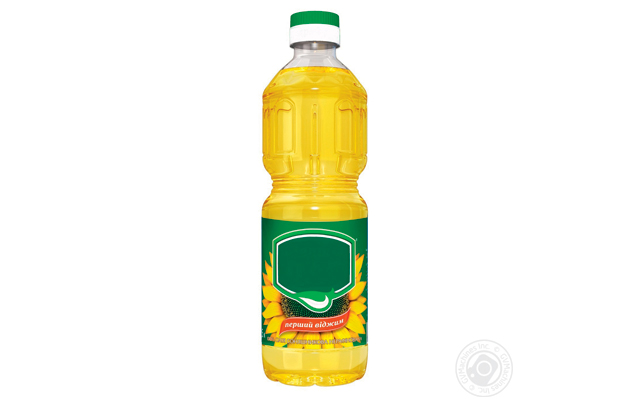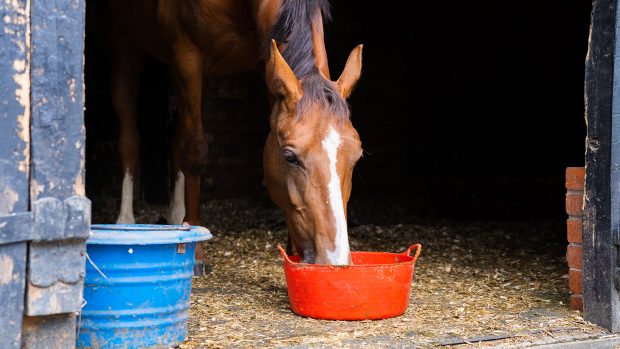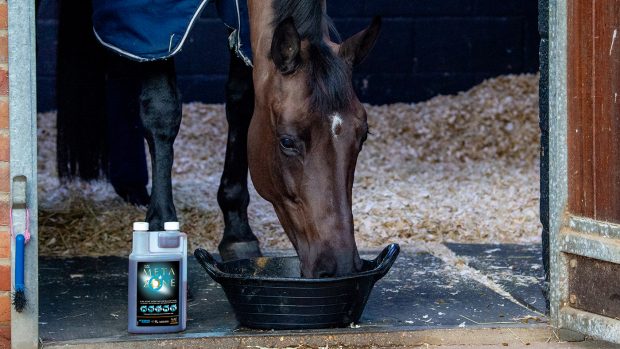Advertisement Feature
A forage-based diet may not supply all the nutrients a horse needs, so here’s Spillers’ handy guide to check you’re on track with your horse’s nutritional requirements.
Nutrition is essential to sustain life and should never be ignored. But apart from energy, where it’s fairly clear if your horse is getting enough, it can be hard to determine what constitutes a balanced diet. Some nutrients included in the diet in small quantities are among the most powerful for optimum wellbeing. Follow Spillers’ quick guide to make sure you know what’s essential for your horse’s health.
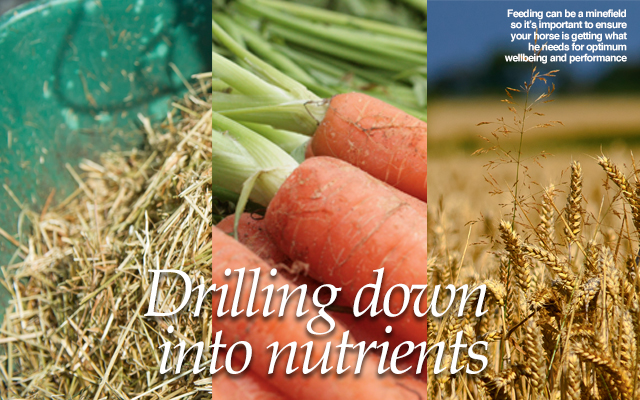
Vitamins
VITAMINS are organic compounds usually required in tiny amounts to maintain good health. The main vitamins are split between fat-soluble vitamins (A, D, E and K) and water-soluble ones: the B group and vitamin C.
Fat-soluble vitamins
FAT-SOLUBLE vitamins are carried in fat, so if supply outstrips demand they can be stored in fat reserves and in the liver to be used later on. However this can have a downside in that vitamins A and D in particular can accumulate in the liver at potentially toxic levels. This is why feeding too much synthetic vitamin A and D should be avoided.
Vitamins A, E, D and K
VITAMIN A has a role in night vision, immunity, growth, cell differentiation and bone development and is also an antioxidant. It can be converted from beta-carotene which is found in all green foods such as grass, and of course in carrots.
Vitamin E is an important antioxidant that protects cells against oxidative damage and supports the immune system. Good summer grass will contain enough for a horse in light exercise but should be supplemented in the diet of performance horses and all horses during the winter.
Vitamin D has been in the spotlight lately and may have far more health benefits than previously thought. It’s required for optimum metabolism of calcium and phosphorus and vital for healthy teeth, bones and cartilage. There is increasing interest in vitamin D being useful in supporting immune function. The horse produces vitamin D in response to sunlight, however a predominately stable-kept horse may be deficient in it unless supplemented.
Vitamin K is required for blood clotting and is important in bone health.
Water-soluble vitamins
AS the name suggests, water-soluble vitamins dissolve easily in water, with the excess being excreted in urine. As they are not stored by the body, they are needed on a regular basis either directly from the diet or via microbial synthesis. Or in the case of vitamin C from the body’s own production.
Vitamin C
THIS vitamin is needed for normal growth and development, formation of collagen, cartilage, bones and teeth, and wound healing. It also helps to protect against infection by enabling white blood cells to break down bacteria. Vitamin C is synthesised in the horse’s body by the liver. In healthy horses, extra vitamin C is unlikely to be required but stressed, elderly or ill horses or those in intense work may benefit from supplementary vitamin C. Research has shown that high levels of this vitamin can also support lung health.
MOST B-complex vitamins function as enzyme components involved in energy and carbohydrate metabolism. Healthy horses obtain B vitamins as a by-product of fibre fermentation by microbes present in the hindgut. Any disturbance of this process, such as a digestive upset, can reduce the production of B vitamins, which may cause deficiencies.
Minerals
UNLIKE vitamins, which are organic substances (containing the element carbon), minerals are inorganic and are found in rocks and soil. Grass and other plants absorb minerals from the soil as they grow; this is how grazing horses obtain most of their mineral requirements. But pasture alone is unlikely to provide your horse with enough minerals year-round to support optimum health and wellbeing.
Minerals are present in virtually all cells of the body, ensuring the horse’s internal systems function efficiently. Without minerals, the body would be unable to
- Build new tissue
- Contract muscles
- Process nerve reactions
- Clot blood
- Keep the body at a neutral pH
- Regulate body processes
- Release energy from food
- Produce amino acids
Amino acids
THESE are the building blocks of protein. The type of protein depends on the sequences and structure of amino acids. Protein is broken down to amino acids in the small intestine and then absorbed and either used directly by the body or to synthesise other amino acids. Some amino acids can’t be synthesised by the horse and must come from the diet. These are called the essential amino acids and include lysine and methionine. It’s important to feed protein sources that contain sufficient levels of essential amino acids. High quality compound feeds and balancers are designed to supply these.
Omega 3 and 6 oils
THE horse’s natural diet is higher in omega 3 oils, obtained from grass and other plants. There is limited supply of omega 6 oils, which are more commonly found in cereals. Oils rich in omega 6 are soya, corn and sunflower, whereas linseed oil is rich in omega 3. Both omega 3 and 6 fatty acids are termed ‘essential’ in the horse, although exact requirements or optimal ratios are yet to be determined. Initial studies show some reduction in inflammatory response when feeding linseed or fish oil, but the relevance of these findings is not yet understood. We may well find in future that omega 3 and 6 are just as important for horses as for humans.
Balancing the rations
AS we can’t guarantee that pasture will provide a balanced diet, we need to provide vitamins and minerals in another form to support long-term health and wellbeing. This can be done by feeding the recommended amount of a good quality compound feed, or — if your horse or pony doesn’t need the extra calories — you could use a broad-spectrum vitamin and mineral supplement or a feed balancer. This provides extra vitamins and minerals, often alongside other functional ingredients like live yeast to support overall health.
For more useful terms related to equine nutrition, visit the Spillers online glossary at www.spillers-feeds.com/glossary/

